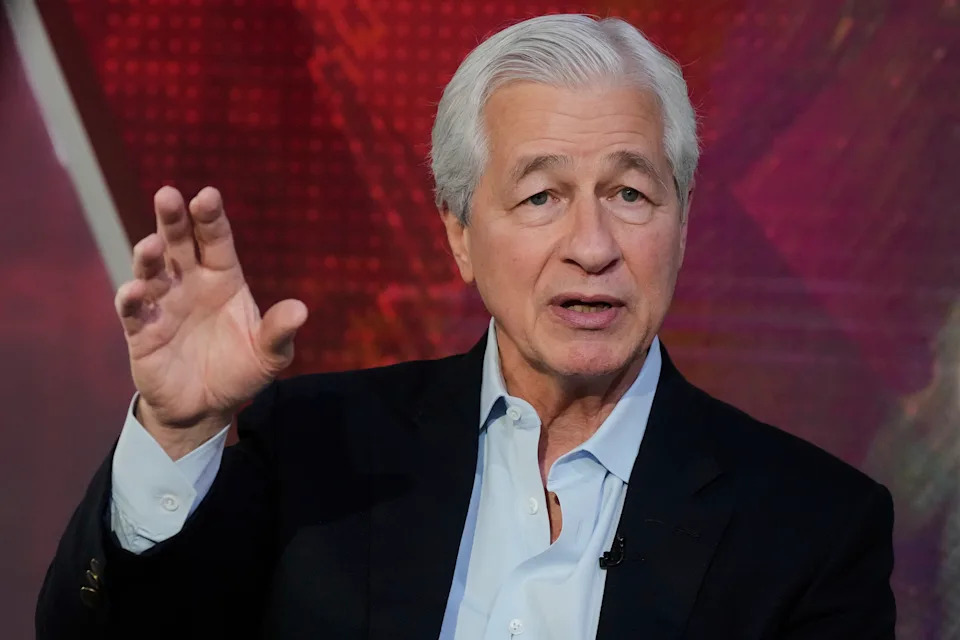Key Points
- Ethereum's price has fallen below its realized price, a bearish indicator historically.
- Spot Ethereum ETFs are experiencing weak flows with significant outflows.
- Low open interest and negative funding rates in Ether's derivatives market indicate bearish sentiment.
- Competing layer-1 blockchains are outpacing Ethereum in network activity.
Summary
Ethereum's price has been underperforming compared to the broader crypto market, with several factors contributing to its decline. The cryptocurrency recently dropped below its realized price, a bearish sign that often precedes deeper corrections. This metric, which calculates the market value based on the last transaction price of each coin, has historically acted as resistance when above the spot price, leading to mass selling by investors. Additionally, spot Ethereum ETFs are witnessing weak investor interest, with significant net outflows recorded recently, reflecting a lack of institutional demand. The derivatives market for Ether also shows signs of bearish sentiment with low open interest and negative funding rates, indicating reduced trader participation and a dominance of short positions. Moreover, Ethereum is losing ground to competing layer-1 blockchains like BNB Chain, Solana, and Avalanche, which are capturing more network activity due to their scalability advantages. These factors collectively suggest that Ethereum might see further price declines, potentially bottoming out at around $1,000, although no investment advice is given in this analysis.









































